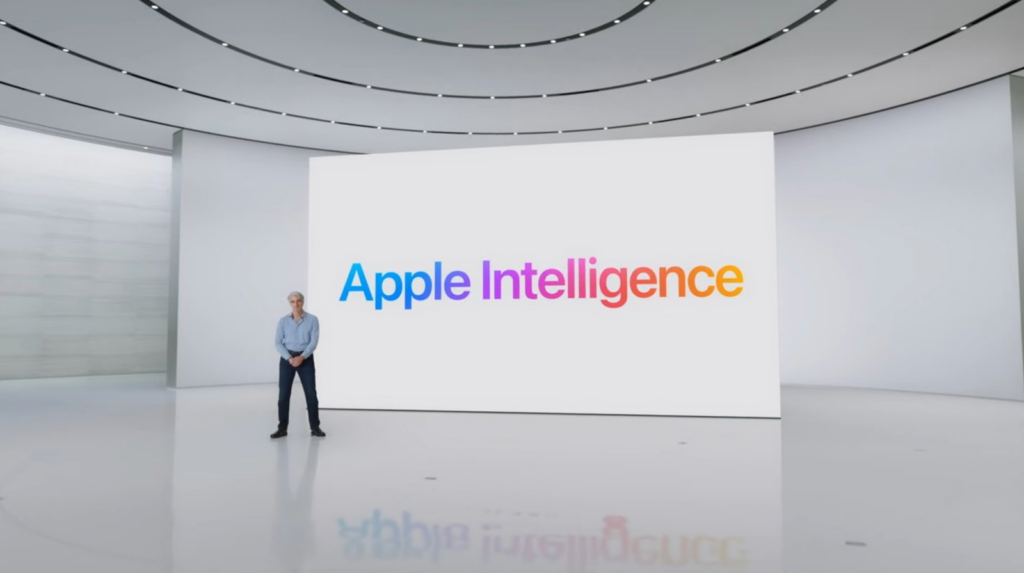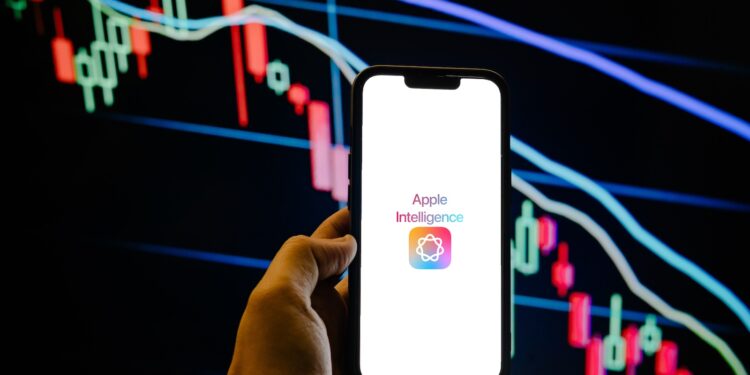Apple has generated a lot of attention with its new AI system, "Apple Intelligence," and at the same time, raised high expectations. But what was announced at the WWDC 2024 developer conference is now causing legal trouble. A group of shareholders has filed a class-action lawsuit against Apple. The accusation is that Apple glossed over the development and availability of the new Siri features, thereby artificially boosting its stock price.
If you've been following Apple's developments in artificial intelligence, you've probably heard of Apple Intelligence. Apple wanted to make Siri smarter, more personal, and more useful. What sounded like a big step is now turning out to be disappointing for many. Shareholders, in particular, feel deceived. They accuse Apple of concealing important details and raising false expectations. Now the dispute is headed to court.
The class action lawsuit: What Apple is specifically accused of
The class action lawsuit was filed by shareholders led by Eric Tucker in the U.S. District Court for the Northern District of California. It is directed against Apple itself and several executives – including CEO Tim Cook, CFO Kevan Parekh and former CFO Luca Maestri. According to the lawsuit, Apple deliberately downplayed the actual length and complexity of integrating Apple Intelligence into Siri. The focus is particularly on WWDC in June 2024. There, Apple unveiled Apple Intelligence and announced that Siri would soon become significantly more powerful. This gave many shareholders the impression that the new features would soon be featured in devices like the iPhone 16 (via Reuters ).

However, in March 2025, it was officially confirmed that the new, more advanced Siri was not ready as planned. The lawsuit describes this announcement as the first sign of the "emerging truth"—the turning point at which it became clear that Apple could not keep its promises. According to the lawsuit, shareholders suffered losses potentially amounting to several hundred billion dollars between June 2024 and March 2025. They see this as a direct result of Apple's allegedly misleading statements about the availability of the new AI features.
Criticism of the presentation: Was Siri just demoware?
Another point of the lawsuit is the presentation of Siri at WWDC 2024. Shareholders question whether Apple even had a functioning version of the new Siri at that time. Officially, Apple has always affirmed this and denied all allegations. But critics like tech commentator John Gruber disagree. In his widely read article "Something Is Rotten in the State of Cupertino," Gruber described the presented version of Siri as "vaporware." That is, a feature that has been announced but does not yet exist. The lawsuit takes up this assessment and uses it as a further argument to question the credibility of Apple's demos. At WWDC 2025, observers were once again waiting for concrete progress with Siri – but Apple did not announce any new features. The lawsuit also considers this evidence that developments are falling short of expectations.
Further lawsuit by consumers for misleading advertising
In addition to the shareholder lawsuit, there is now a second class action lawsuit – this time by consumers. This one also concerns the portrayal of Siri and Apple Intelligence. Apple is accused of making false or at least misleading promises in its public communications. Users were looking forward to features that are not yet available.
- Apple to launch new Siri features in spring 2026
- Siri is set to get better – Apple promises big things
Apple is under pressure – next steps are crucial
Apple is under pressure in several ways. The lawsuits demonstrate that trust in the company's communications has suffered – among both shareholders and customers. The big announcements surrounding Apple Intelligence and Siri have raised many expectations. But so far, a functioning implementation has been lacking. How Apple responds and whether the company can deliver the new Siri features in a timely manner will be crucial. Not only for its image, but also for its share price – and for trust in Apple's promise of innovation. (Image: Shutterstock / Photo For Everything)
- Apple introduces new technology for personalized AI
- Apple pursues new AI strategy in chip development





